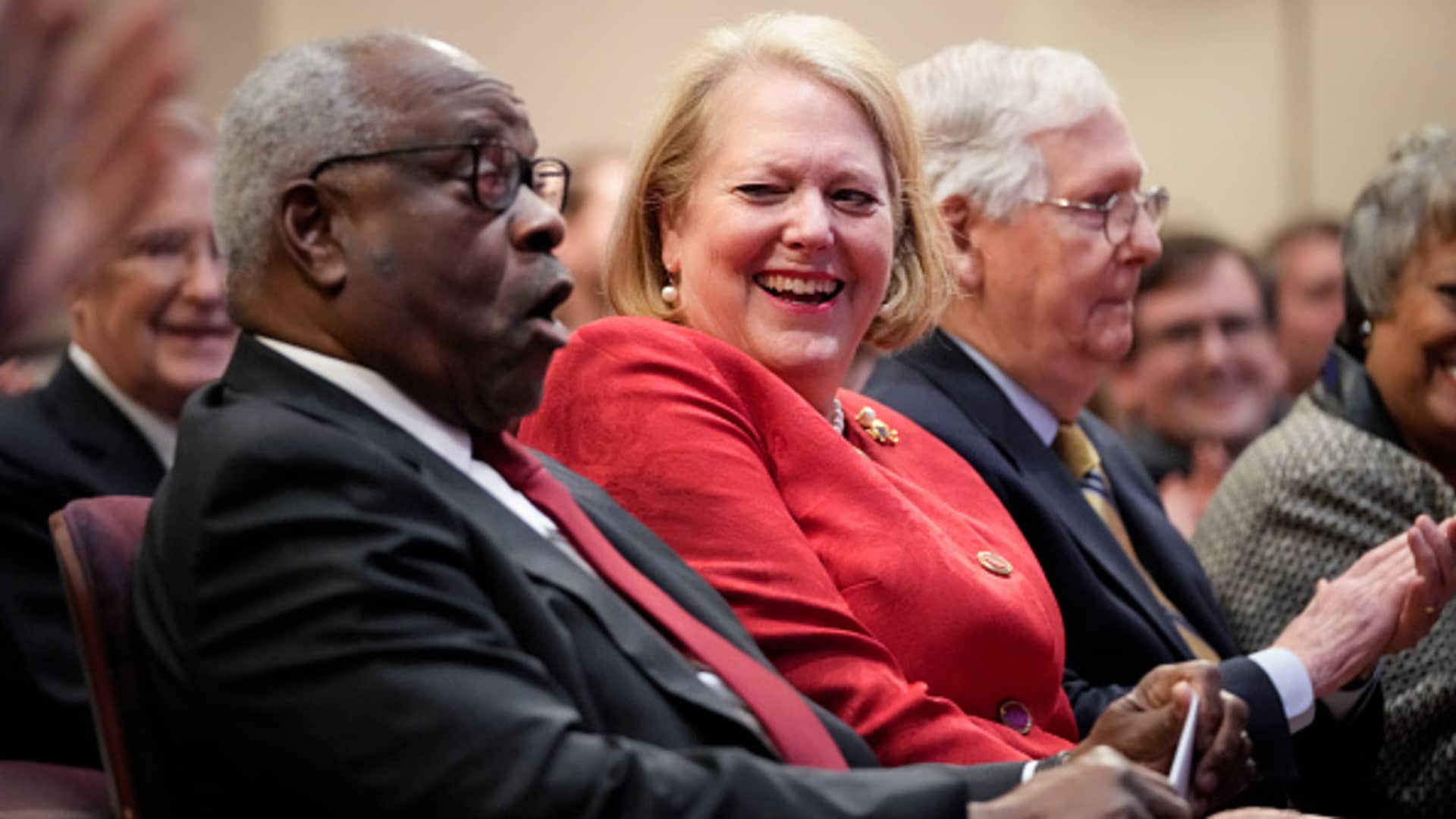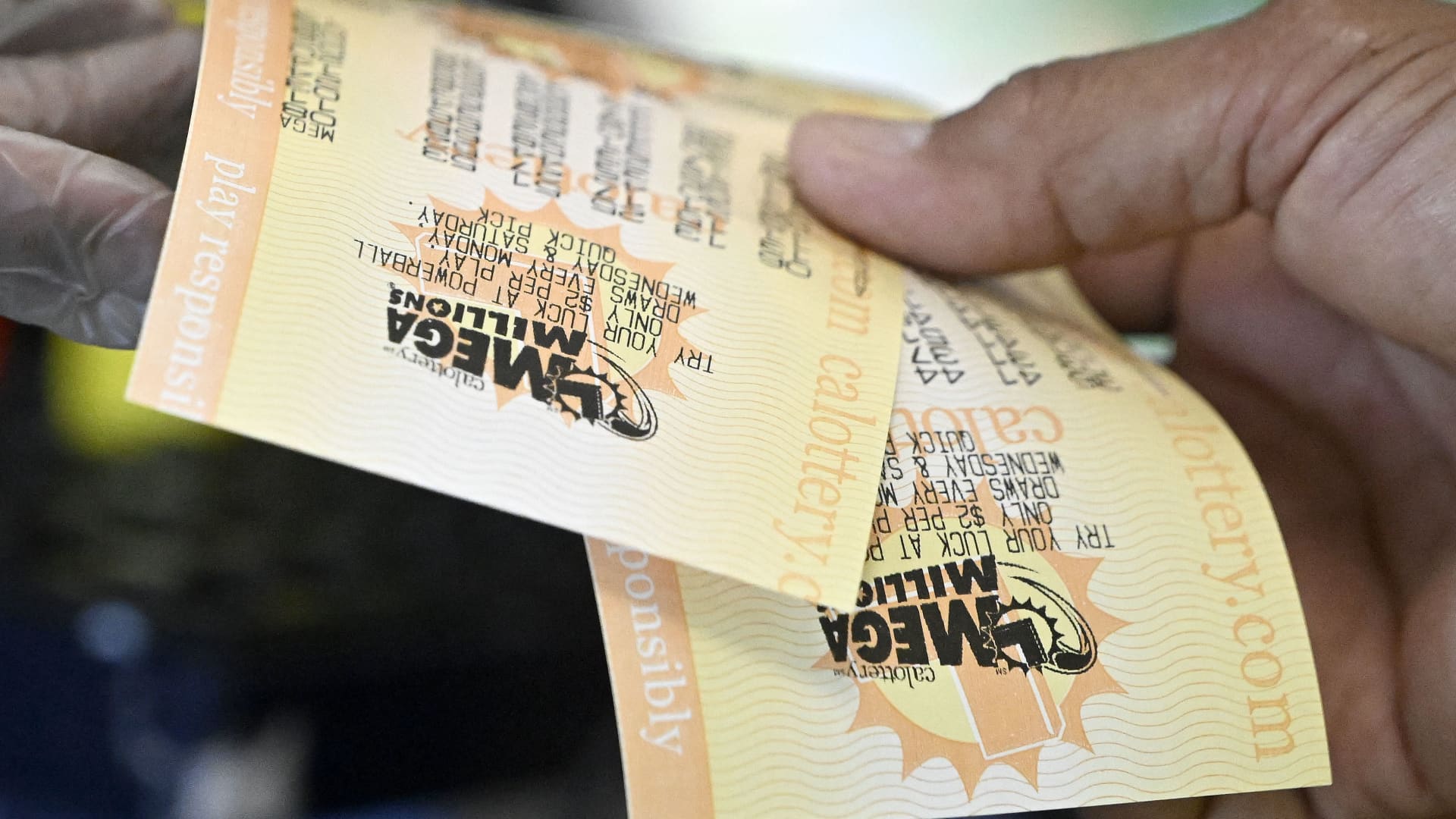US Markets
Wednesday, August 7th, 2024 2:13 pm EDT
Key Points
- Russian Media Criticism: Following the ban on Russian athletes from competing officially in the 2024 Paris Olympics due to the war in Ukraine, Russian state-linked media has heavily criticized the Games. They have focused on controversies and misfortunes, portraying the event, host France, and the International Olympics Committee (IOC) negatively, emphasizing issues like crime, pollution, and mismanagement.
- Neutral Athlete Participation: Only 15 Russian athletes are participating as “Individual Neutral Athletes” under strict conditions, including the absence of national symbols and any support for the war in Ukraine. This limited and conditional participation has led to muted coverage of competitive events by Russian media, with some sports officials labeling these athletes as “traitors.”
- Western “Russophobia” Narrative: Russia has framed its exclusion from the Olympics as an example of Western “Russophobia” and an attempt to isolate Moscow. Russian authorities and media have accused Western entities of unsportsmanlike behavior and spreading disinformation, using the situation to bolster anti-Western sentiment domestically.
Russia, excluded from the 2024 Olympic Games in Paris due to its ongoing war in Ukraine, has adopted a critical stance towards the event. Following its invasion of Ukraine in February 2022, Russian athletes were banned from participating in the 2024 Games unless competing as “Individual Neutral Athletes,” resulting in only 15 Russian athletes in attendance. Russian state-linked media have seized on various controversies and mishaps at the Games, from catering complaints to gender disputes in women’s boxing, portraying the event, host France, and the International Olympics Committee (IOC) negatively.
The negative tone was established right after the opening ceremony, where a segment featuring drag queens, perceived as mocking Christianity, was condemned by Russian media as blasphemous. Reports described the ceremony as the “Olympus of Hell,” criticizing the IOC and France for their handling of the Games. Subsequent Russian media coverage has focused on issues like crime, pollution, and mismanagement, highlighting problems such as worms in food, a COVID-19 outbreak, and the poor water quality of the River Seine.
Accusations of dangerous conditions in the Seine and criticisms of the IOC’s decisions have been prominent in Russian reports. An article in Argumenty i Fakty emphasized the health risks for athletes competing in the polluted river, reflecting widespread disapproval of the event’s organization. Russian media has also covered stories like the discovery of worms in fish and the spread of COVID-19 among athletes with a sense of schadenfreude.
The gender controversy involving boxers Imane Khelif and Lin Yu-ting has also been a focus, with Russian media failing to mention accusations against Kremlin-linked networks of spreading disinformation about the Games. This selective reporting aligns with Russia’s broader narrative, which frames its exclusion as an example of Western “Russophobia” and an attempt to isolate Moscow from global sports.
Russia’s bitter relationship with Western countries, primarily those supporting Ukraine, has dampened its interest in the Games, further fueled by anti-Western rhetoric from the Kremlin. This sentiment is exacerbated by the World Anti-Doping Agency’s 2019 decision to ban Russia from international competitions for four years due to a state-sponsored doping scheme. Consequently, Russian athletes competed under the “Russian Olympic Committee” banner in the 2020 Tokyo Olympics and the 2022 Beijing Winter Olympics.
The IOC’s strict criteria for Russian and Belarusian participation in the 2024 Games, which include no national symbols or government representation, have further strained relations. Despite some Russian athletes competing as neutrals, state media has criticized them, with some sports officials labeling them traitors.
Notably, Russian athletes Mirra Andreeva and Diana Shnaider won silver in women’s tennis doubles but have avoided political questions. Russia has used its exclusion to argue against what it sees as Western attempts to isolate it from the sports world. As the Games commenced, Russia’s foreign ministry and intelligence service alleged Western plots against Russian athletes, framing the situation as part of a broader anti-Russian campaign.
This critical stance aligns with Russia’s broader geopolitical strategy, emphasizing its opposition to what it perceives as Western hypocrisy and its commitment to maintaining a separate identity in global sports.
For the full original article on CNBC, please click here: https://www.cnbc.com/2024/08/07/what-does-russia-think-about-the-2024-olympic-games.html




